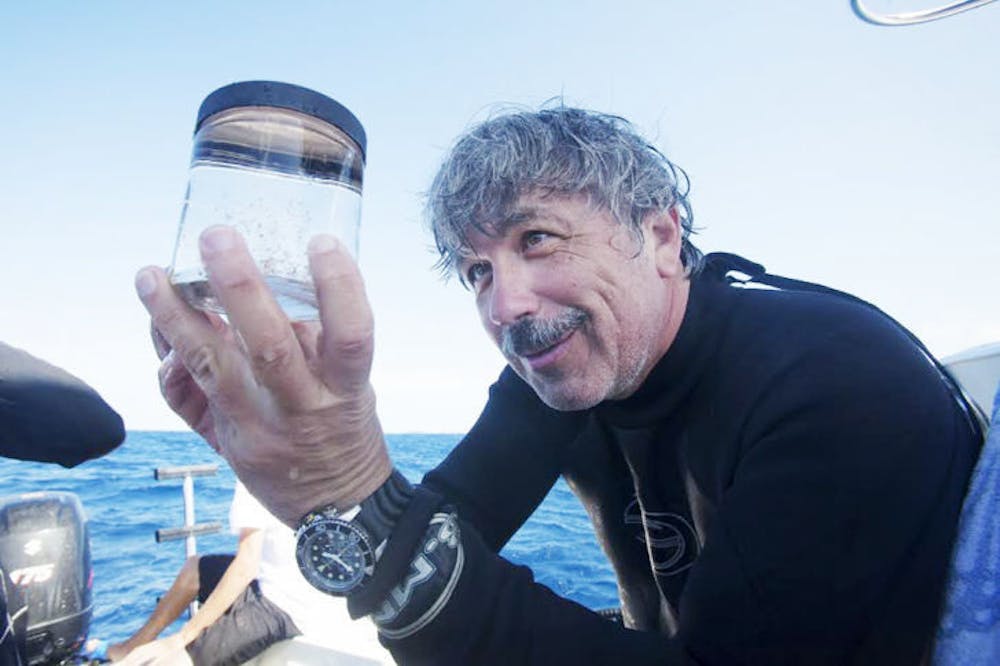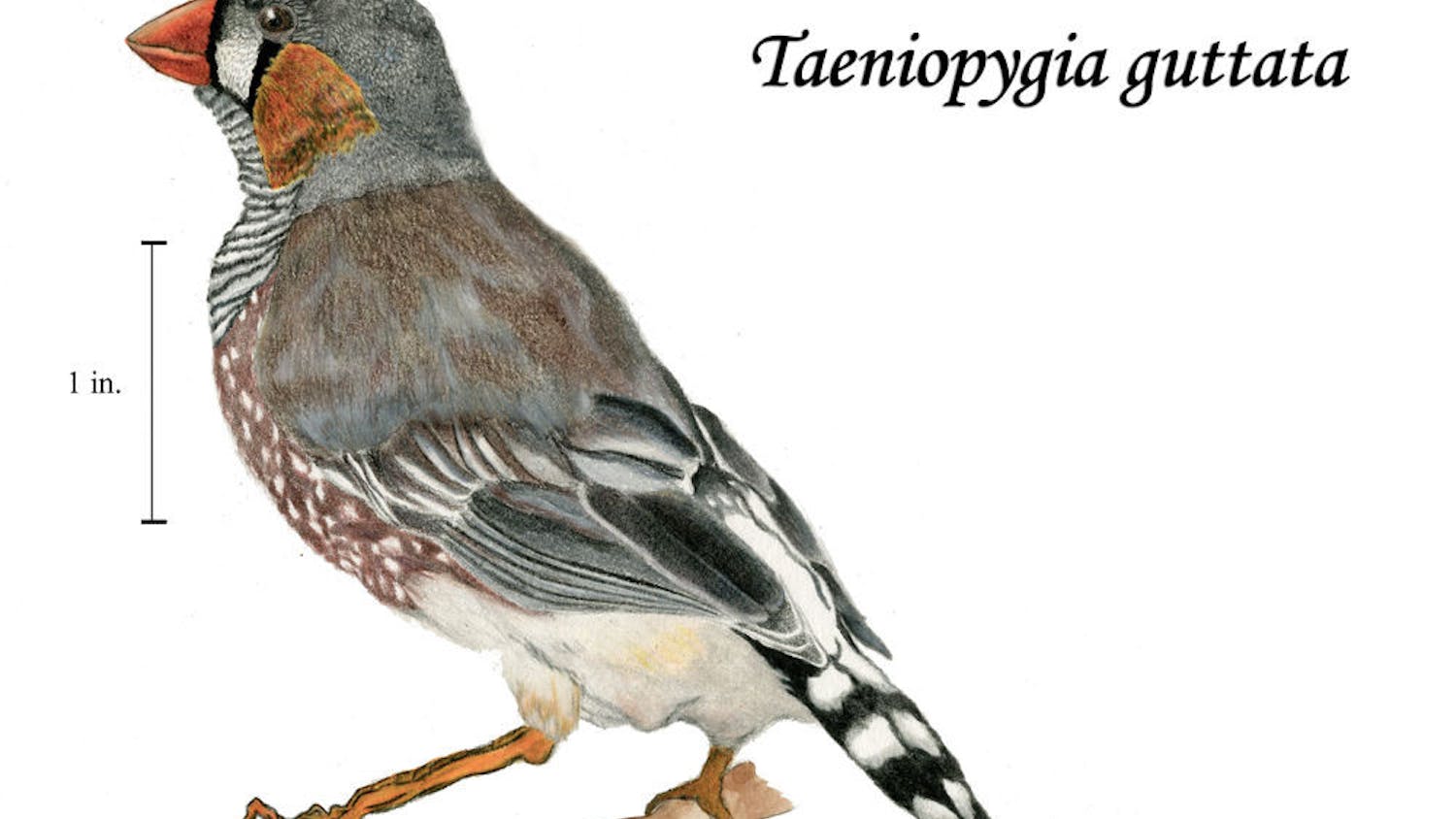A UF professor became the first to successfully complete genomic sequencing at sea.
Leonoid Moroz, a professor of neuroscience, genetics, chemistry and biology at UF, is studying how these organisms can regenerate themselves from memory.
A genome is the complete set of genes or genetic material present in a cell or organism said Kent Vliet, coordinator of laboratories in the Department of Biology.
Genomic sequencing, which is collecting and recording the sequence of genetic pairings, is traditionally landlocked, Moroz said.
But the organisms he was studying made this type of research impossible. The subject of his study, pelagic organisms, are tiny sea creatures that can cure themselves in three-and-a-half hours from disease or injuries and are too delicate to bring to shore. The creatures would disintegrate due to the change in pressure and light conditions.
Moroz was able to solve this problem by bringing his laboratory to the sea and studying these creatures on his 131-foot yacht-turned-laboratory.
“Like in ‘Men in Black’ they had to understand where the creatures came from, before they could analyze it,” he said.
Robin Fayres, 22-year-old UF zoology alumna, called the genomic sequencing of pelagic organisms a “huge breakthrough.”
“I would of never thought they existed, and were able to be analyzed,” she said.
Moroz said he believes that these sea creatures will open doors for new natural medication and possible cures for diseases, maybe even cancer.
Jose Mantilla, a 21-year-old UF biology senior, said he was impressed that UF professors still have passion for what they teach.
“It is due to professors like this that are willing to go above and beyond their research, that the University of Florida is regarded as a prestigious university in the study of the sciences,” he said.
Professor Leonid L. Moroz holds a jar with unique siphonophore species and some comb jellies just recovered from deep blue of Golf Stream. These animals were used for genomic analysis in the Moroz lab.






